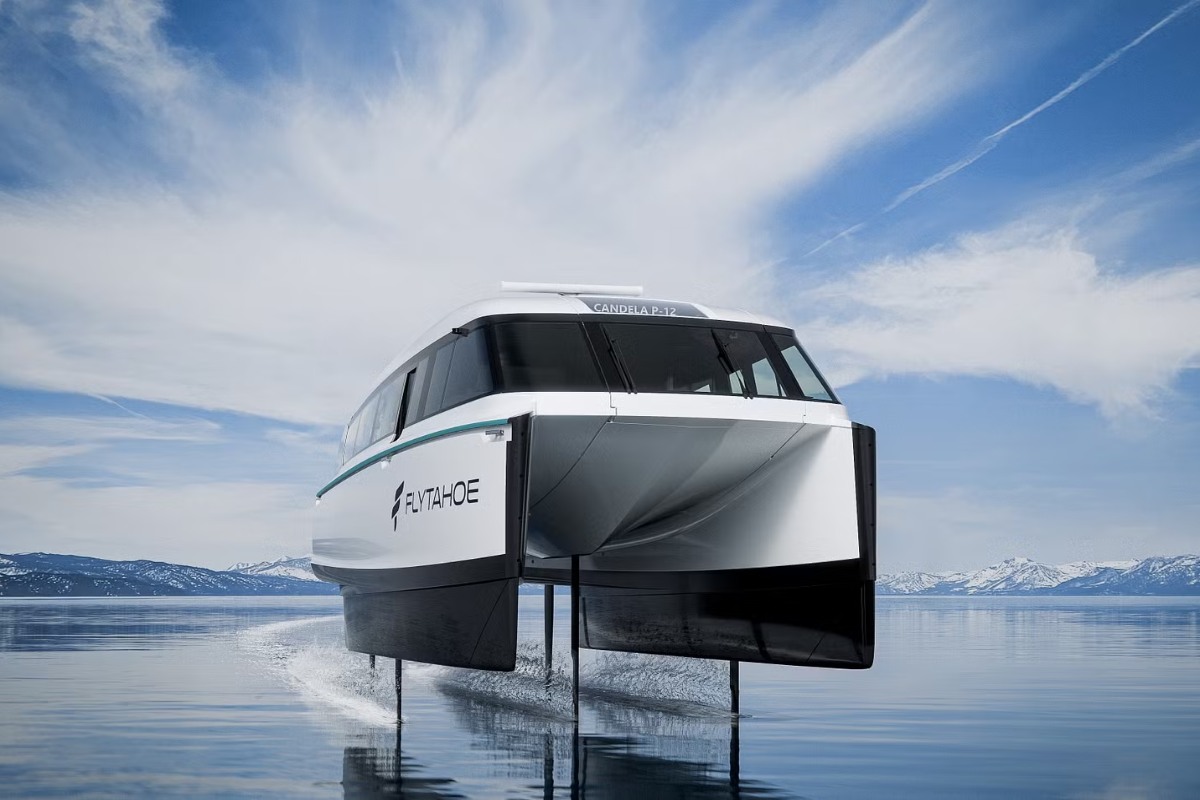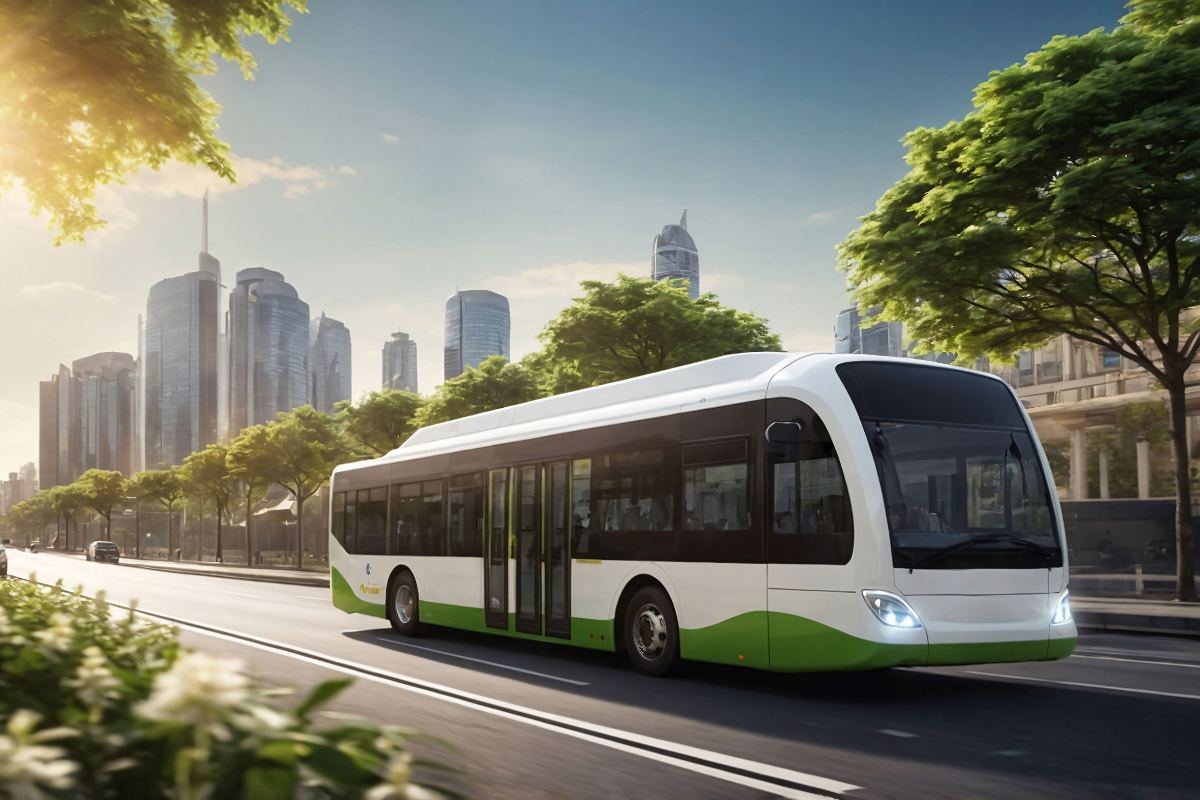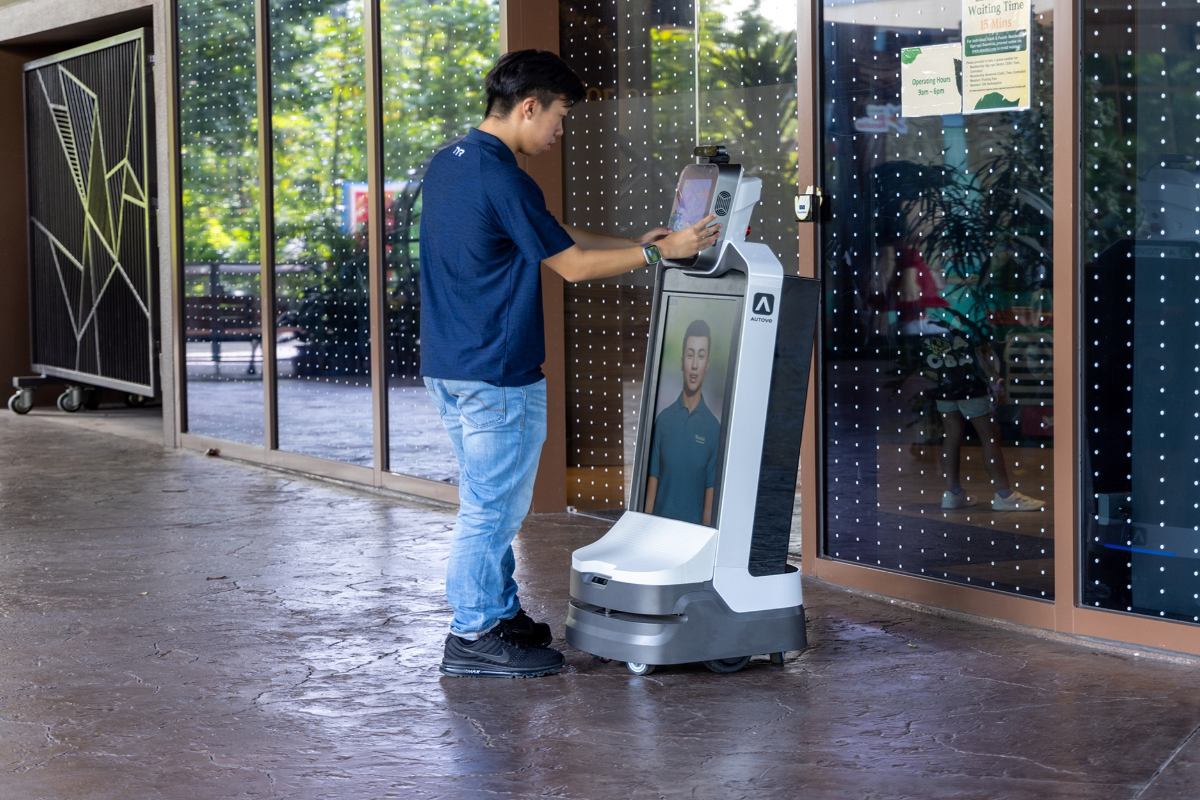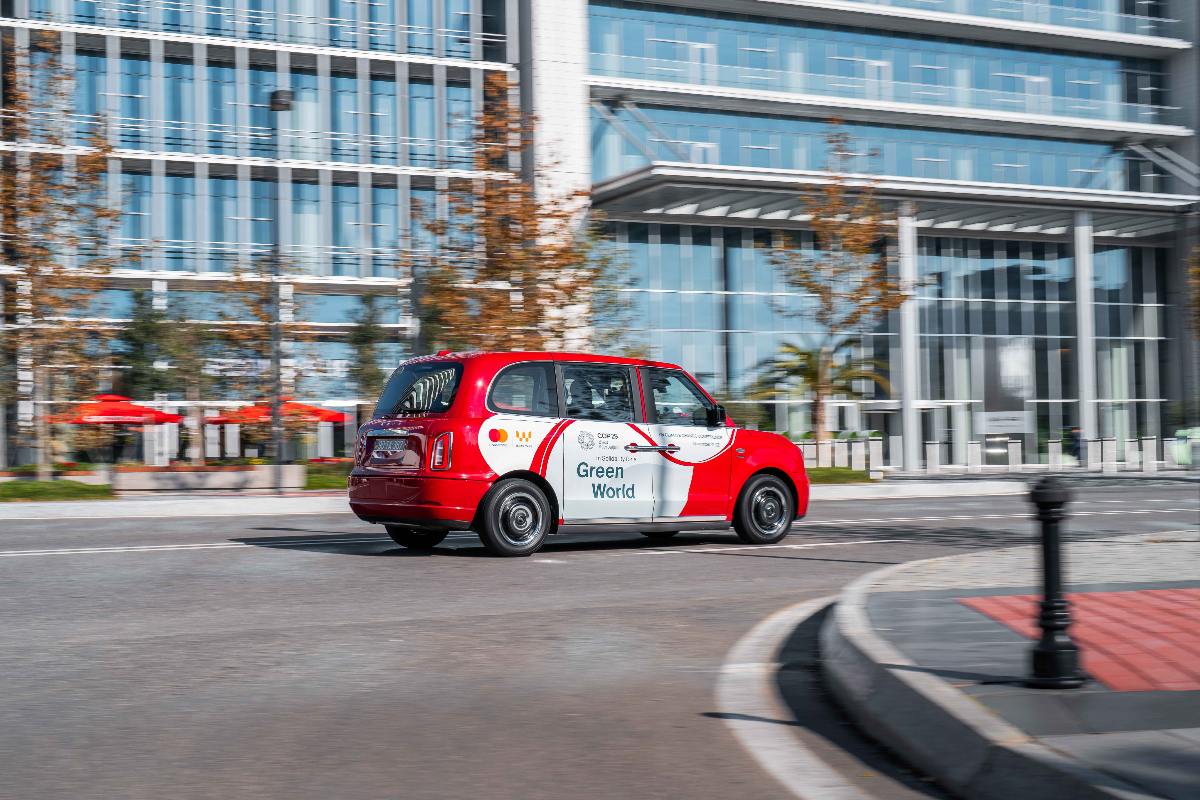Special Reports
SusHi Tech Tokyo 2024: experience ‘Tokyo 2050’ todaySponsored by The SusHi Tech Tokyo 2024 Showcase Program Executive Committee
Technavio announces top 13 in global truck platooning market
Truck platooning tests are being carried out across the globe but market potential is still a long way off
Technavio has announced the leading 13 leading vendors in its recent global truck platooning system market report until 2020. This billboard of vendors has been ordered through the following criteria: revenue, technology, geographical presence, and end-users. And while truck platooning tests are being conducted across the globe, and these have validated the benefits associated with platooning, the market is still has a long way to reach its market potential.
Reasons for this are low consumer awareness, a lack of adequate infrastructure, fickle system reliability, and relative low maturity of the autonomous vehicle technology.
Technavio believes that though the market for truck platooning systems currently appears nascent because only a few vehicles are being equipped with truck platooning systems, platooning technologies may become an inherent part of every future truck engineered with standardised connected vehicle service offerings.
Siddharth Jaiswal, a lead analyst at Technavio for automotive electronics research said, “Collaborative efforts between truck platooning system providers, connected truck service providers, R&D organisations, OEMs, transportation and logistics service providers, and regulators will play an important part in boosting the penetration of truck platooning systems in the truck market in the coming years.”
Technavio research analysts categorise the global truck platooning system market vendors into two segments: key vendors and other prominent vendors.
Key vendors: Daimler
A leader in the autonomous trucks market. The company’s strategy is geared to enhance safety and will continue to invest in autonomous technological innovations. These may help Daimler to emerge as one of the leaders in the development of truck platooning systems. The company was also one of the participants in the European Truck Platooning Challenge held earlier this year.
Peloton Technology
Peloton is a market leader in truck platooning systems development and deployment in the US and other regional truck markets. Several companies that include OEMs and Tier-I operators have invested in Peloton to promote the development and commercialization of truck platooning systems.
Scania
Scania offers heavy trucks, buses, engines, and services with a focus on low-carbon solutions. The company collaborated with the Swedish National Road and Transport Research Institute, KTH, Volkswagen Research, and other partners to test vehicle platoons on a 323-mile route between the cities of Södertälje and Helsingborg in Sweden.
Volvo
Volvo Group Venture Capital is a subsidiary of the Volvo Group. In 2015, the firm made an investment in Peloton Technology to contribute to the development of platooning technologies. The company has always pursued partnerships to diversify its offerings.
Other prominent vendors
Continental
Continental is a leading German automotive manufacturing company that specialises in tires, brake systems, automotive safety, powertrain and chassis components, tachographs, and other parts for the automotive and transportation industries. Truck platooning plans by the US Army present a significant opportunity to the company.
Delphi
Delphi is a leading global supplier of technologies for the automotive and commercial vehicle market. The firm works to make vehicles smarter, safer, and efficient. The US Army has announced plans for driverless truck platoons with V2X in 2016; this development indicates significant market opportunity.
Hino
Hino is a Japanese manufacturer of commercial vehicles and diesel engines headquartered in Hino-shi, Tokyo, Japan. The company is an active participant in truck platooning projects that included the Japan Energy ITS automated truck platoon project.
IVECO
IVECO is a manufacturer and supplier of commercial trucks, parts, and diesel engines. A two-truck platoon of semi-autonomous Iveco trucks traveled from Brussels to Rotterdam to demonstrate reduced fuel consumption at the European Truck Platooning Challenge in April 2016.
MAN Truck & Bus
MAN Truck & Bus is the largest subsidiary of the MAN Corporation and one of the leading international providers of commercial vehicles. MAN trucks and Scania trucks (Volkswagen) rely on digitally connected trucks. MAN and Scania participated in the 2016 European Truck Platooning Challenge.
Meritor Wabco
Meritor Wabco offers advanced safety technology and efficient, integrated brake systems. The firm’s anti-collision and safety control systems enable adaptive cruise control systems and autonomous braking in truck platooning systems. Meritor Wabco, Peloton, and Denso have collaborated to showcase truck platooning technologies.
Navistar
Navistar manufactures commercial trucks, buses, defense vehicles, and engines. The company indicated its positivity in matters of implementing truck platooning in 2016.
PACCAR
PACCAR is a global leader in the design, manufacture, and customer support of high-quality premium trucks. Paccar’s subsidiary Peterbilt Trucks and vehicle safety and component makers Peloton Technology and Meritor Wabco have participated in a study ’Driver Assistive Truck Platooning’ conducted by ATRI, the US Federal Highway Administration, and Auburn University.
TomTom
TomTom Telematics is a world leader in fleet management and telematics. As commissioned by the Innovation Lab recently, Simacan and TomTom have produced an online tool based on GPS. This system tracks the progress of truck platoons and the various incidents they encounter on their way such as roadworks, tailbacks and accidents.

















